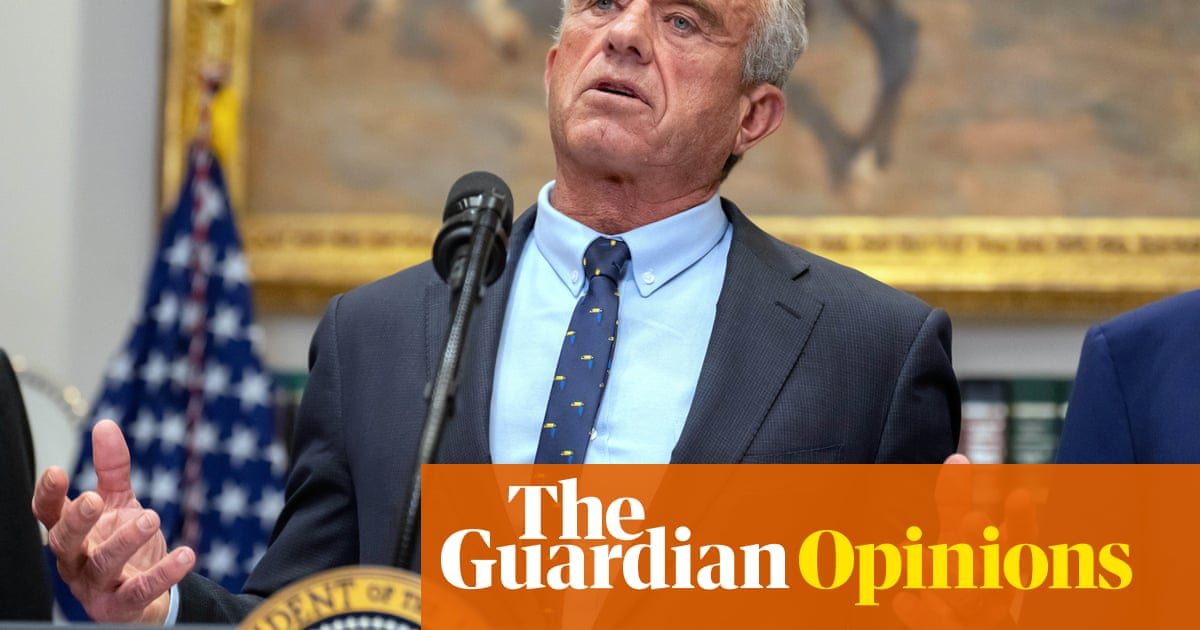It’s striking to see Donald Trump, who built his re-election campaign around attacking the “radical left”, now borrowing some of its economic policies. In just months, he has shifted from denouncing “communist” price controls to saying he wouldimplementthem, and from defending tax breaks for the wealthy toproposingtax increases on those earning more than $2.5m a year if it benefits poorer Americans. These moves echo longstanding proposals from progressives likeBernie Sanders– despite Mr Trump’s past efforts to portray such ideas as “lunatic”. The irony is hard to miss.
Consider recent policy announcements that mirror a liberal-left agenda. Capping credit card interest rates was a Sanderscampaign promisebefore it was a Trumpone. And it may happen – courtesy of an unlikely alliance betweenMr Sanders and the Republican senator Josh Hawley. Slashing drug prices by executive fiat? Absolutely, says Robert F Kennedy Jr, Mr Trump’s secretary of health, creditingMr Sandersfor the idea. The Vermont senatorshot back, saying the administration’s plan would be “thrown out” by judges – and that meaningful reform required legislation.
It’s not so much strategy as media stunt. Whereas the Biden White House used tariffs as part of its industrial strategy against China, Mr Trump ratcheted them up to 145% without a plan. On Monday they were dramatically slashed to30%in a fit of economic realism. The justification is easy to see: domestic pain.Empty shelves and collapsing supply chainshave a way of reminding even the most blustering Maga nationalist that trade wars are not, in fact, easy to win.
This disarray isn’t a side-effect; it’s the method. Mr Trump borrows popular ideas, announces them with great fanfare, and then either fails to follow through or runs into a predictable mess. His approach is driven more by appearances. He shifts messages depending on the audience. One day he presents himself as achampion of working people, the next as a defender of corporate interests. It’s a series of conflicting signals designed to keep him in control of the narrative.
This confusion works to Mr Trump’s advantage. He keeps hisbillionairebackers happy while providing enough headlines to suggest the impression of fairness. It is gameshow politics – with Mr Trump appearing both as host and winning contestant. Meanwhile,watchdogsare gutted, workers’wagesare cut, and tax policies prop up the1%. Now and then, he floats a progressive idea, but it rarely amounts to anything real.
Mr Trump’s populist image – attacking elites while claiming to fight for ordinary Americans – masks a pattern of elite self-dealing. In any previous era, a US president accepting a$400mjet from a Gulf royal or a Middle Eastern statespending$2bn on cryptocurrencies through a first-family-owned company would have sparked a constitutional crisis. Thescandalis hiding in plain sight, disguised by Mr Trump’s own performance.
It’s often less about ideology than popularity, as Mr Trump retreats from chaotic policies that rattled markets and hurt his poll numbers. He backs appealing progressive ideas – like redistribution and price-gouging crackdowns – for thepartisandrama they provoke. Whether this performative populism lasts is unclear. But if the early months are any guide, this is a rerun, only with sharper slogans, fewer rules and an even greater hunger for applause over governing.
